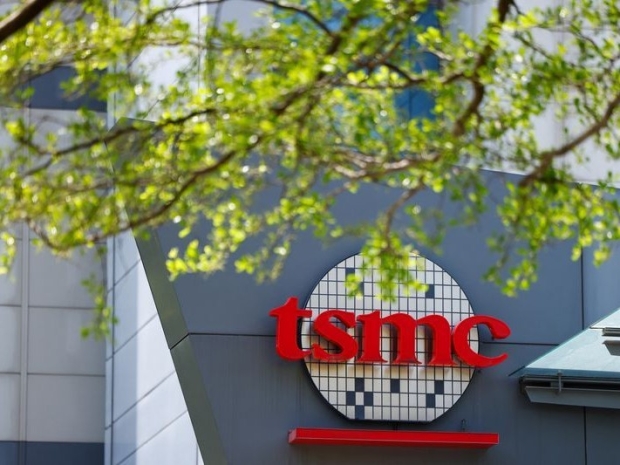The Taiwanese foundry giant says the site will focus on high-performance, energy-efficient silicon for cars, factories and AI, a much-needed win for the European Union’s quest for tech sovereignty.
The move is part of TSMC’s growing global footprint. It already runs design hubs in Taiwan, mainland China, Japan, Canada and the US. Munich will be its tenth. The facility is expected to open in the third quarter of 2025 and will serve clients close to home.
According to TSMC Europe president Paul de Bot, “It's intended to support European customers in designing high-density, high-performance, and energy-efficient chips with a focus on applications again in automotive, industrial, AI, and IoT.”
The centre fits neatly with Brussels’ plan to wean itself off foreign semiconductor dependencies. While Europe still has no real answer to TSMC’s leading-edge fabs, a local design hub staffed with engineers who understand regional needs is at least a step in the right direction.
TSMC’s timing is sharp. It expects more than 20 per cent revenue growth this year, fuelled by demand from AI servers and datacentres. By 2025, AI-related business is expected to double. Meanwhile, demand for car and industrial chips has slumped due to overstocking. Still, chipmakers like STMicroelectronics reckon the worst is over and are forecasting a better second quarter.
This is not TSMC’s first flirtation with Germany either. The company is also working on a fabrication plant in Dresden in partnership with Infineon, Bosch and NXP. That joint venture aims to bring some actual silicon production to the continent, not just design talk.




